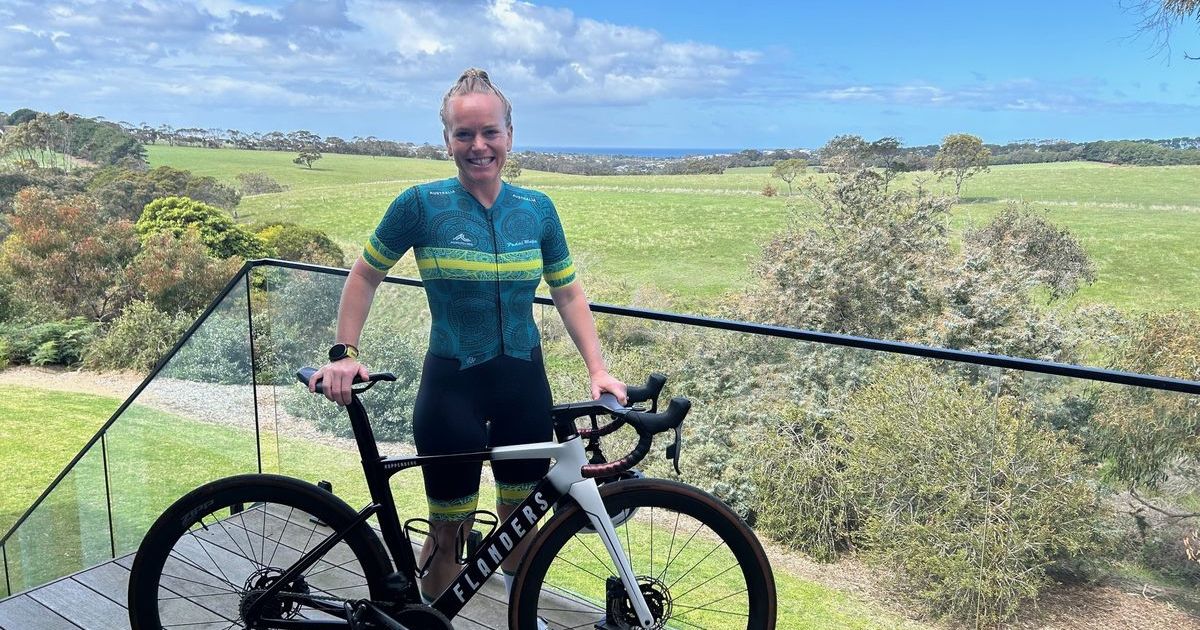Moving with the times in virtual international study experiences

It is expected that virtual student placements will now complement the traditional short-term international study experiences of years past.
In a small building in central Hoi An, a city in Vietnam’s Quang Nam province, a physical therapist and a child with a disability stand ready in front of a computer screen.
Some 7000 kilometres away, in a pop-up clinic at ACU’s Ballarat Campus, a fourth-year physiotherapy student is on the other side of the screen, running their first-ever telehealth session.
If it weren’t for the pandemic, this physio undergrad might have been there in person on a short-term international study experience, as ACU students have in previous years in Vietnam and many other countries.

But as it turns out, these innovative student placements – run by ACU with the backing of the Federal Government through the New Colombo Plan (NCP) – led to many of the same cultural and educational outcomes as the study tours of years past.
“Not one of the students from the Ballarat Campus who took part had been to Vietnam, and two of them had never been overseas,” says Alison Griffiths, a lecturer in physiotherapy at ACU.
“The students involved in these virtual placements didn’t leave Australia, yet they learned lessons about understanding and being sensitive to people from diverse backgrounds and abilities. These placements made having that opportunity and building on that skill set much more accessible.”
The Ballarat telehealth clinic ran in partnership with the Vietnam-based not-for-profit Children’s Hope in Action (CHIA) and was one of four virtual international study programs for ACU physiotherapy undergraduates.
Three other programs, with partners in Vanuatu and the Solomon Islands, ran from the Allied Health Clinics on ACU’s Brisbane Campus.

All included telehealth consultations, education, training and support for ACU’s partners while also providing a valuable experience to graduating students.
Initiated by ACU physiotherapy academics Mark Brown and Maria Constantinou, the virtual study experiences connected 18 ACU physio students and several staff members with overseas communities.
“The students saw many patients and made a huge difference to the lives of the people they treated — from elite athletes to people living in a remote village,” says Dr Constantinou.
“At the same time, they found it beneficial in developing their clinical reasoning process and communication skills and improving their cultural awareness and connection.”
While telemedicine has been touted as the next big thing in healthcare, until recently it played a relatively minor role in the industry.
The pandemic accelerated the uptake of telehealth technology by both practitioners and patients, making it more mainstream to consult with physiotherapists and other health professionals online.

For the Bachelor of Physiotherapy students involved in ACU’s virtual placement programs, perhaps one of the main benefits is that they’ll take the new telehealth skills they learned into their workplace.
“Telehealth is going to be an important component of future health practice and in our programs we are trying to better prepare our graduates for the future, rather than old or existing models of care,” says Mark Brown, ACU’s Allied Health Clinics Coordinator and the Clinic Discipline Lead for Physiotherapy.
“Through this process, we have learned a lot, such as equipment and procedural requirements, legal issues including how to protect client confidentiality in the online space, and even how the physical set-up of our clinics can be varied to optimise the online consultation experience and effectiveness.”

It is expected that virtual student placements will now complement the traditional short-term international study experiences of years past.
This will enable more ACU graduates to enter the workforce ready to practice in a range of contexts.
Keen to study physiotherapy at ACU? Explore the options.
// Sponsored Content

















